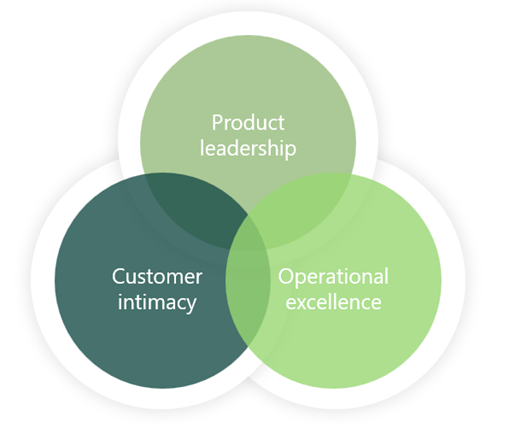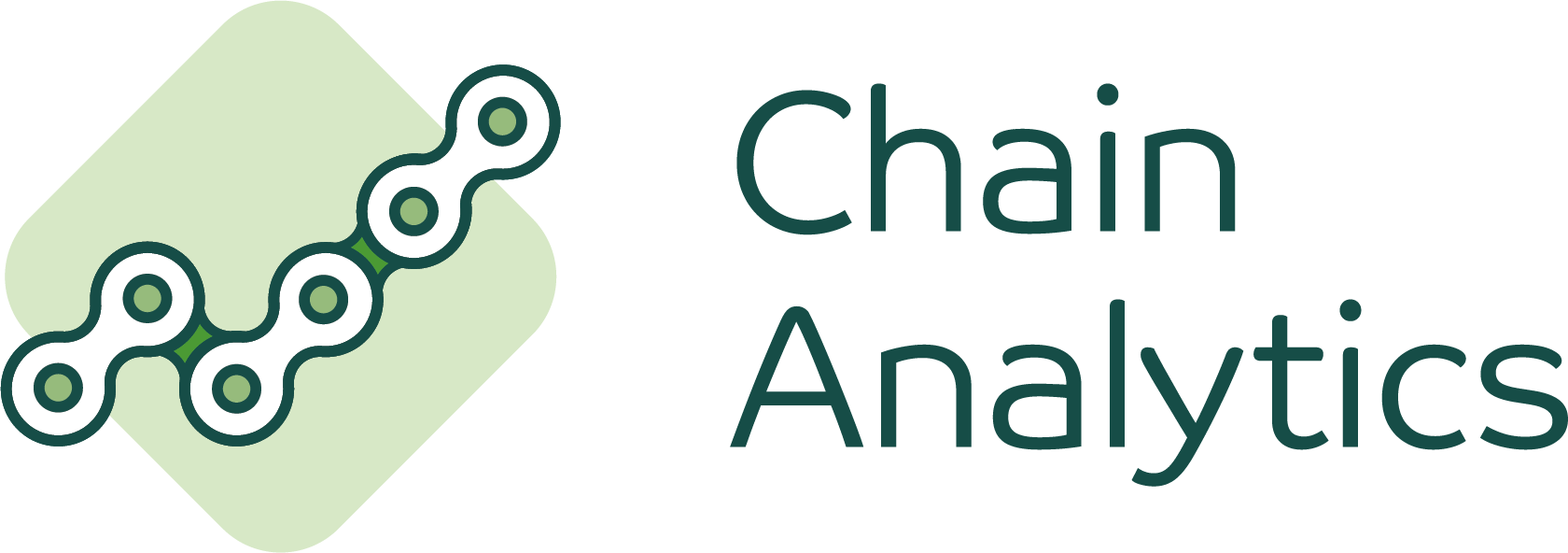Business Context: the essential link in Business Intelligence
Everybody knows the saying: let the data speak for itself. But in reality, data only becomes valuable when it’s interpreted through the lens of business context. Without context, data is just numbers.
Business Intelligence is very useful in showing data about your daily operations and KPIs, but BI isn’t about simply storing and exploring data. It’s about translating data into actionable insights. And context plays an essential role in this story. You need business context to process data into knowledge, and with that knowledge, you need context again to know what action to take.
A Practical Example
One of our customers saw a large peak in inbound orders forecasted for next month. At first glance, this might trigger concerns: do we have the capacity? What causes this peak?
But here’s where business context becomes crucial: from company knowledge, you know that Marketing is planning a campaign that month. However, previous similar campaigns only led to a modest increase in inbound orders. Based on that insight, you zoom in on the articles with the highest forecasted volumes and challenge those forecasts with Marketing.
Business context doesn’t just prevent misinterpretation, it helps you optimize. It guides you to where you need to investigate first.
The Same Number, Different Meaning
Context also determines how you look at the data. An inventory level of 60 days on hand could tell completely different stories depending on your industry. For a business dealing in spare parts, where demand is irregular and lead times are long, 60 days might be very conservative. But for a company working with fresh goods, that’s an alarm bell signaling waste, shrinkage, and inefficiency.
The number is the same. What it means, and what you should do with it, depends entirely on the business reality behind it.
Strategy Determines Focus: Linking BI to Your Business Model
Business context doesn’t just help you explain the data. It also determines which KPIs deserve your attention. The Treacy and Wiersema model offers a helpful framework. According to this model, companies typically align their strategy with one of three value disciplines:

Each strategy requires a different BI focus. If your company is built around customer intimacy, your key metric might be service level or order reliability. But if you aim for operational excellence, you’re focussed on minimizing costs and you’ll likely care more about days on hand, or stock turnover.
If your dashboards aren’t aligned with your company’s strategic focus, you risk optimizing the wrong thing.
Final Thought
Good BI answers questions. Great BI starts by asking the right ones. And asking the right questions requires deep understanding of the business behind the numbers.
So next time you’re requesting a dashboard, interpreting a forecast, or setting targets: don’t just look at the data, look around it. What’s the context?
Thomas Kloezeman




